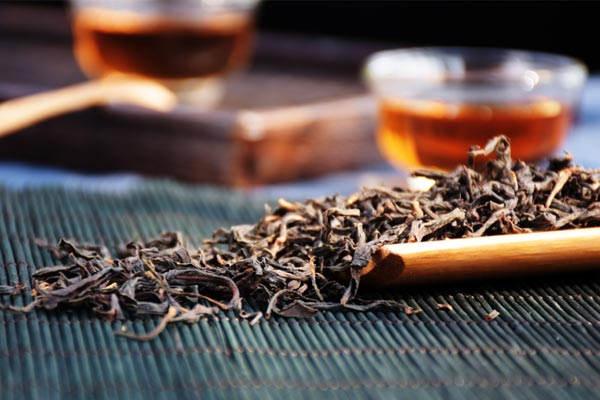If your tea has expired, should you throw it away or continue to drink it? Is it still safe to drink?
In China, tea is a staple in almost every household. Whether you enjoy it or not, you always have some on hand to entertain guests.
Some people don't drink much tea, and they buy tea and keep it at home, only to discover it's past its expiration date long afterward.
At this point, they may be confused: should they throw away expired tea or continue to drink it?
The answer isn't always clear-cut. Let's explore the reasons below.
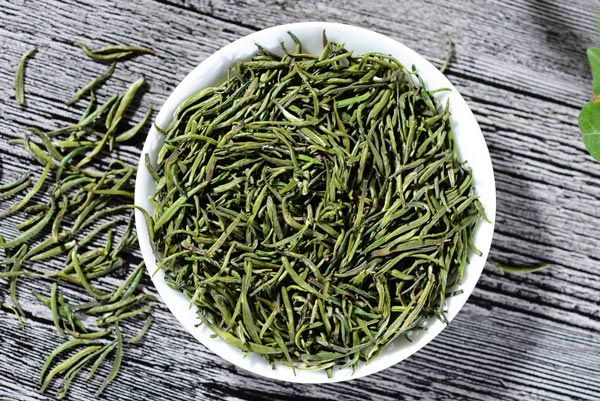
01. Expired ≠ Spoiled
Different types of tea have different expiration dates.
According to Chinese national standards, the shelf life of the six basic tea types is as follows:
- Green tea and yellow tea: 24 months;
- Black tea: 36 months;
- Oolong tea: 48 months;
- White tea and dark tea can be stored for a long time.
However, it's important to note that expired tea doesn't necessarily mean it's spoiled.
The key to whether tea is still drinkable is whether it's exposed to moisture, mold, or tainted flavors (P.S.: This is not the case when buying tea; avoid tea that's expired or nearing its expiration date).
Some teas, even within their expiration date, can prematurely deteriorate due to improper storage (such as exposure to moisture, high temperatures, or sunlight).
Conversely, some teas can retain their original flavor even after a period of time past their stated expiration date if stored properly.
This is primarily because the expiration date marked on tea packaging generally refers to the optimal drinking period, when the tea's flavor is at its fullest and aroma is at its most intense.
After this period, the quality of the tea will gradually deteriorate, but it doesn't mean it's immediately spoiled and unfit for consumption.
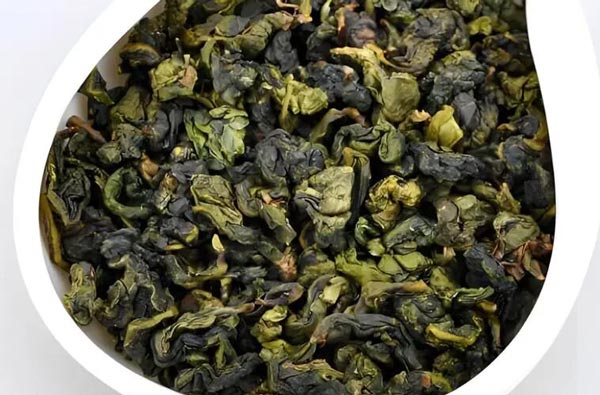
02. Don't just look at the production date to determine if it's drinkable.
If you have expired tea at home, don't rush to throw it away. Here are some ways to thoroughly assess its suitability:
Look: Carefully observe the tea leaves' appearance.
First, check the dry tea leaves for a fresh, radiant color. If the color has become noticeably darker and duller, or even shows visible mold, it indicates the tea has gone bad.
Some people think that moldy tea can be cured by simply drying it in the sun. However, moldy odors are difficult to remove, and the moldy process can produce harmful substances like aflatoxin, posing a safety risk if consumed. Such tea should be discarded immediately.
Smell: Experiencing the tea's aroma.
High-quality tea has a fresh, natural fragrance, while spoiled tea will develop an unpleasant odor.
This is because tea leaves have a strong absorbent nature and easily absorb foreign odors from the surrounding environment.
If the tea smells of oil smoke, mold, dampness, or other unpleasant odors, even if it's not expired, it's not recommended to drink it.
Especially if it has a stale or sour odor, like that of an old book, it's a sign of spoilage.
Q: Consider the storage environment of tea.
If tea is stored in a humid, hot, or sunny environment, or near sources of odor (such as cosmetics, detergents, or spices), the risk of deterioration is greatly increased, even if it's not past its expiration date.
On the other hand, if it's sealed and stored in a cool, dry place, even expired tea is likely to maintain good quality.
Cut: Check the dryness of the tea leaves.
Tea leaves themselves need to be extremely dry to preserve them long-term.
Take a small amount of tea leaves and gently rub them between your fingertips. If they easily form a powder, they're dry enough. If they feel soft, unbreakable, or even pliable, they've been exposed to moisture and are unsuitable for consumption.
If, after comprehensive evaluation, the expired tea is still dry, mold-free, and has a pure aroma, it's perfectly safe to consume and there's no need to waste it.
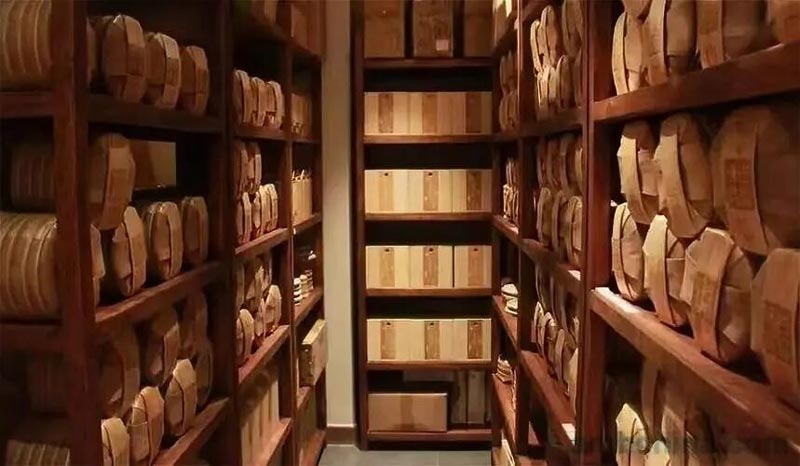
03. Storing tea correctly is a treasure, storing it incorrectly is a waste.
Proper storage is crucial to maintaining the quality of tea: sealing and moisture-proofing are the first principles of tea storage.
After opening tea bags, expel as much air as possible and secure them with a clip. Better yet, transfer them to a light-proof, airtight container (such as a tin, porcelain, or tin can).
Tea should be stored in a cool, well-ventilated area, away from humidity, heat, and direct sunlight. Avoid areas with large temperature fluctuations, such as kitchens and balconies.
Tea absorbs odors easily, so avoid storing it with strong-smelling items like cosmetics, detergents, spices, and seasonings to prevent odor transfer.
Consider storing tea in small portions, one bag at a time, to minimize exposure of the entire can to air.
For long-term teas (such as white tea and Pu'er tea), regularly check their storage condition and ventilate them appropriately.
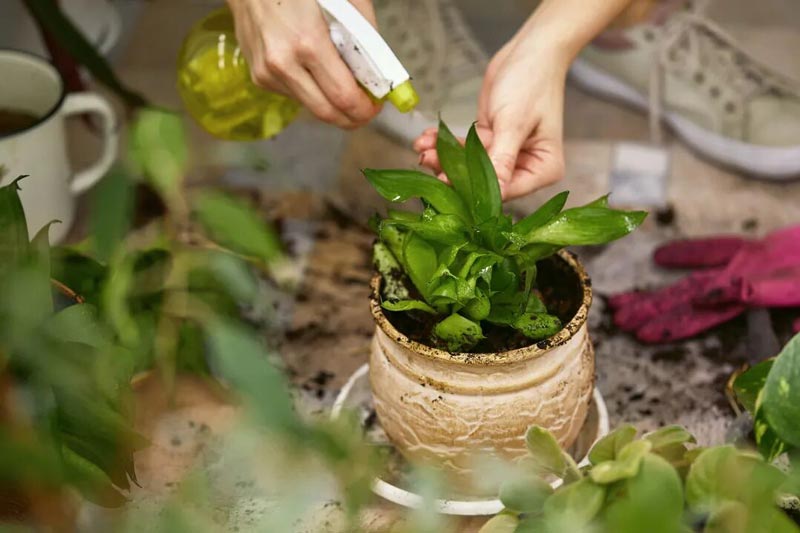
04. Expired Tea Can Also Be Turned into Treasure
If you find that your tea has become damp and moldy and is no longer drinkable, throw it away immediately. Collecting it can also be used for other useful things:
- Odor Remover: Wrap spoiled tea leaves in gauze or paper towels and place them in the refrigerator, shoe cabinet, bathroom, or new car. This will absorb odors and act as a natural deodorizer.
- Dehumidifier: Place tea bags in areas prone to moisture, such as wardrobes and drawers, to absorb excess moisture and prevent mold.
- Plant Food: Expired tea leaves can be mixed into soil as fertilizer for flowers and plants. However, be careful to use pure tea leaves that have not been flavored with milk or sugar, and use them sparingly.
- Cleaning Aid: Use tea water to wipe furniture and mirrors, removing stains while leaving a light, refreshing fragrance.
These methods can turn waste into treasure, making the most of uneatable tea leaves, which is both environmentally friendly and practical.
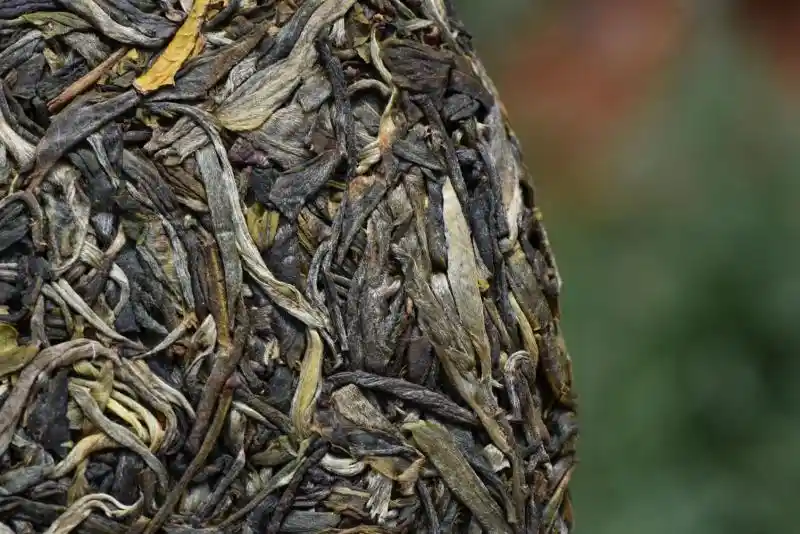
Tea plays an irreplaceable role in Chinese life.
Learning to judge the condition of tea leaves and store them properly not only prevents waste but also allows us to enjoy the tea's optimal flavor.
Next time, if you encounter expired tea leaves, don't throw them away immediately. First, calmly assess their condition and decide whether to keep them.

%20--%3e%3c!DOCTYPE%20svg%20PUBLIC%20'-//W3C//DTD%20SVG%201.1//EN'%20'http://www.w3.org/Graphics/SVG/1.1/DTD/svg11.dtd'%3e%3csvg%20version='1.1'%20id='图层_1'%20xmlns='http://www.w3.org/2000/svg'%20xmlns:xlink='http://www.w3.org/1999/xlink'%20x='0px'%20y='0px'%20width='256px'%20height='256px'%20viewBox='0%200%20256%20256'%20enable-background='new%200%200%20256%20256'%20xml:space='preserve'%3e%3cpath%20fill='%23FFFFFF'%20d='M194.597,24.009h35.292l-77.094,88.082l90.697,119.881h-71.021l-55.607-72.668L53.229,232.01H17.92%20l82.469-94.227L13.349,24.009h72.813l50.286,66.45l58.148-66.469V24.009z%20M182.217,210.889h19.566L75.538,44.014H54.583%20L182.217,210.889z'/%3e%3c/svg%3e)



